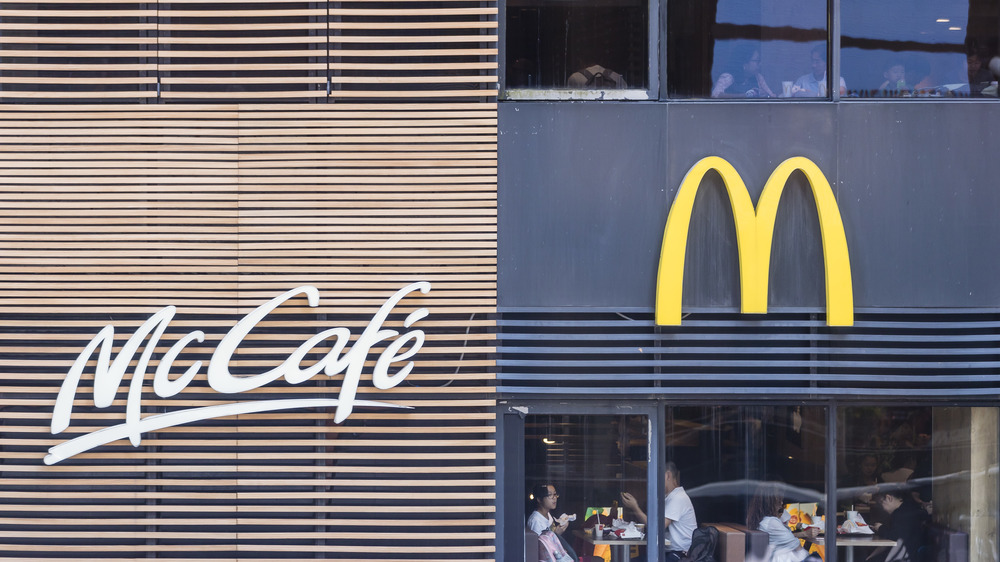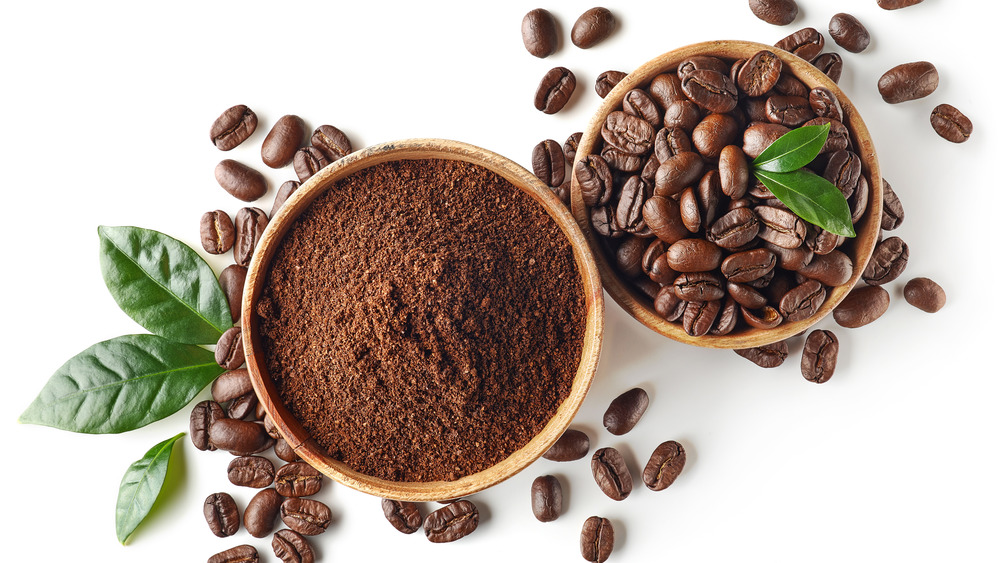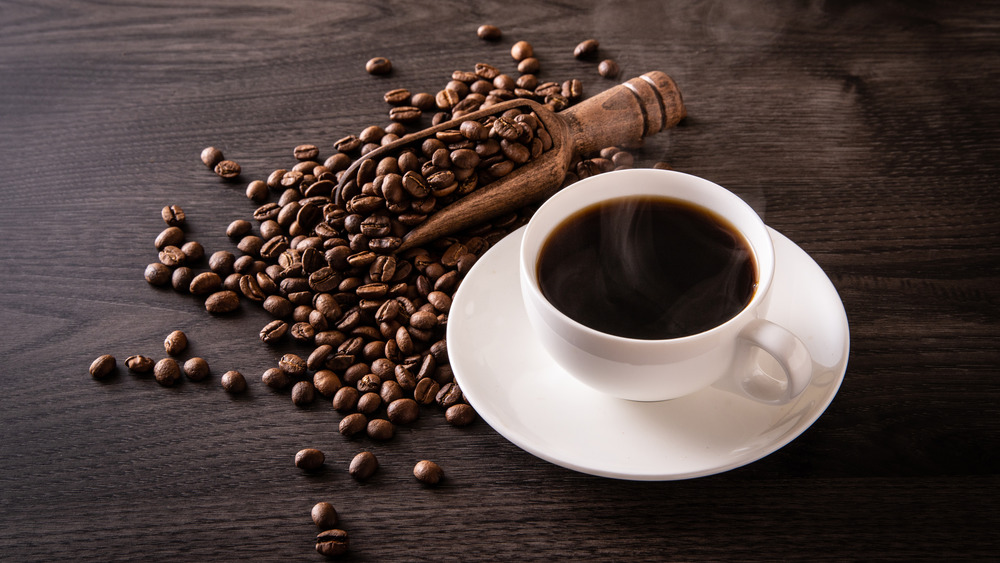Why You Should Think Twice Before Drinking McDonald's Coffee
We know: when you're in a hurry in the morning and you're swinging by McDonald's for a McMuffin anyway, it's temptingly easy to add a coffee to your order for just a dollar. But after talking with Julie Reyburn, Chief Roaster at Timbertown Coffee Co., we're not so convinced that the cheap cup of Joe is really worth sipping on. Between Reyburn's research into the sourcing, packaging, brewing, and taste of McDonald's McCafe brew, there are plenty of red flags to make us think twice before ordering it.
The first issue, says Reyburn, is the clear "you get what you pay for" issue when it comes to the fast food chain's focus on quantity, not quality. In the U.S. alone, McDonald's brews and serves 500 million cups of coffee every single day. So to say they probably don't put the same level of care and focus into each cup that your local coffee shop might would be an understatement. We realize, of course, if you're getting your coffee at McDonald's, you aren't expecting the same flavor or quality as you'd find at a real cafe, but read on to learn why you may want to shell out the extra few bucks and the extra few minutes for a better cup of coffee.
Quality may be an issue
The first issue Reyburn noted while researching McDonald's coffee was how it's packaged and subsequently brewed. Reyburn asked a McDonald's drive-through employee how the coffee was brewed. The employee showed Reyburn the pre-packaged foil wrapper the already-ground coffee came in. The package didn't have a one-way valve for CO2 release, which Reyburn notes is a "mark of sub-par coffee" because without it, the beans have more of a chance of oxidation, which leads to flavor degradation.
The fact that the coffee arrives at the McDonald's stores pre-ground was another sign that it might not be the best quality. "Most likely the beans were ground long before our visit there," Reyburn told The List. "The coffee I was purchasing was not fresh and most likely the grounds were dead and stale." She added that "freshly ground coffee ensures that there is still flavor when you want it the most, when you're actually drinking the coffee. Pre-ground means you're going to have a lot of that flavor already lost and for this reason, it will not add value to your cup."
While the McDonald's employee couldn't tell Reyburn the type of commercial brewing system that was used, Reyburn assumed from the type of coffee being used that "the brewing system was most likely designed for quick brewing and I know this also degrades the flavors in your cup. Water and cleanliness of the brewing machine is also something I thought about, but was not able to explore."
Speaking of flavor...
Reyburn hoped that in spite of her discoveries, her cup of McDonald's coffee might be flavorful anyway, but alas. "I tried my coffee both hot and then cooled," she explained. "I was desperately searching for flavor and couldn't seem to find any. There was no brightness in it. I felt it was watered down and no specific flavors stood out." She went on to say, "I compared it to a cup of soda that had lost its fizz, flat and lacking the rich delicious flavors I am accustomed to. Good coffee is like a fresh, fizzy soda. It's got pizzazz...You're able to taste different notes and highlights. It's a robust, fully nuanced drink that you'll remember. The McDonald's coffee in comparison had no flavors that stood out."
Reyburn blames the lack of flavor on the pre-ground, oxidized coffee, saying, "fresher is always better. Knowing that your grounds aren't old and stale and haven't been sitting in a foil bag for months gives you a chance to taste the full flavors of the origin or special blend. That's good flavor." In order to ensure this experience, Reyburn recommends frequenting your local coffee shop, saying, "Supporting your local coffee shop or roaster is key to having good quality coffee. Knowing that they care about the freshness of your coffee (one way valve, proper storage), they have knowledge of the coffee process, and are set up to brew on a smaller scale using multiple brew methods makes a huge difference."


